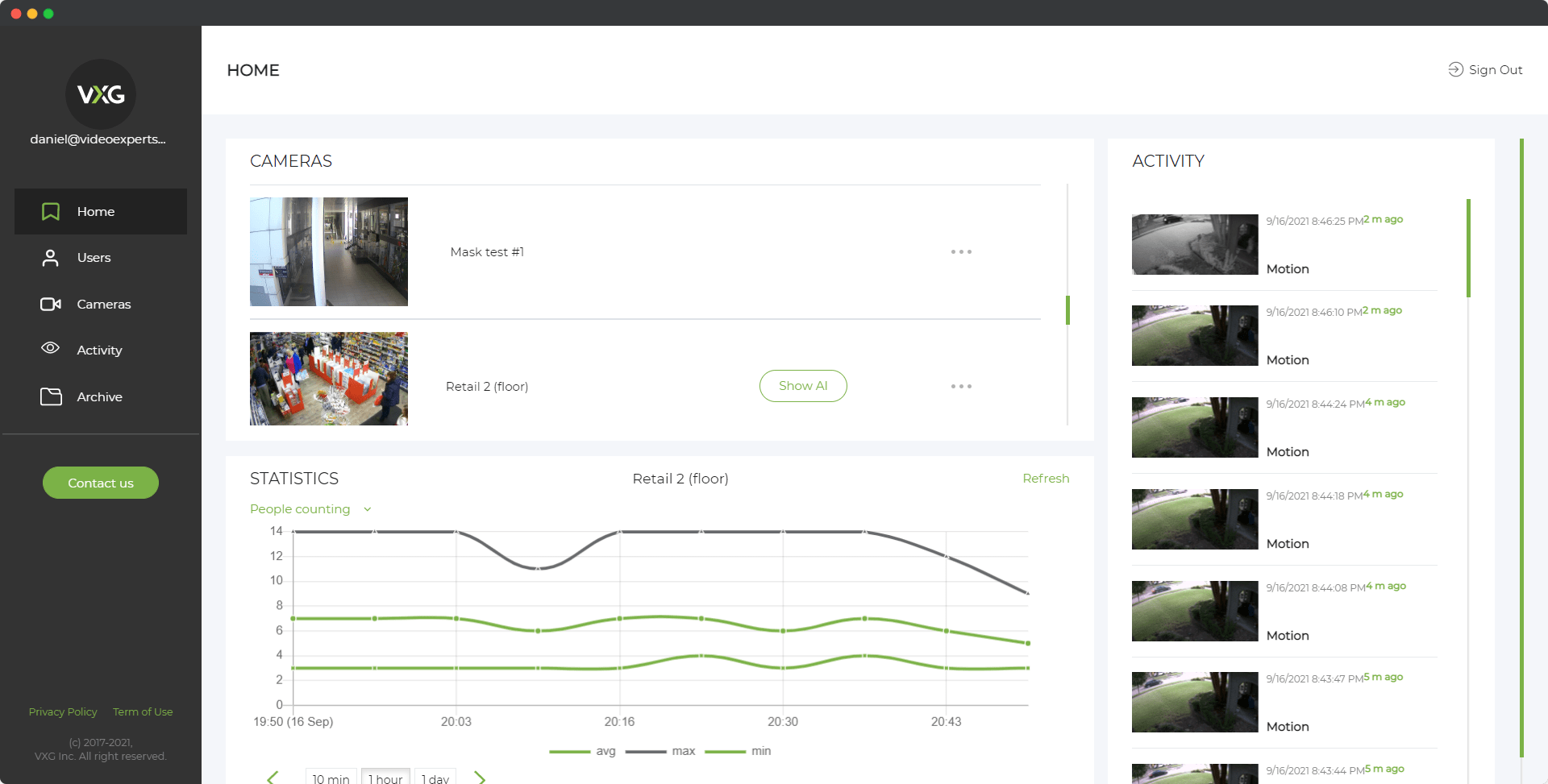Security cameras are an essential tool for enhancing safety and monitoring properties. However, California, like many states, has specific laws governing their installation and use. Understanding these laws is crucial to ensure compliance and avoid legal issues. Below, we explore the key aspects of security camera laws in California, with detailed explanations for both homeowners and business owners.
Are Security Cameras Legal in California?
Yes, security cameras are legal in California, but their use is regulated to protect privacy rights. These laws aim to balance the need for security with individuals' right to privacy, which is strongly protected under the California Constitution.
California's Privacy Laws and Security Cameras
California has strict privacy laws that impact the installation and use of security cameras. Key provisions include:
- California Penal Code § 632: Prohibits recording conversations without the consent of all parties. This applies to security cameras equipped with audio recording features.
- California Civil Code § 1708.8: Protects individuals from being recorded in private areas where they have a reasonable expectation of privacy, such as bathrooms or bedrooms.
Where Can You Legally Place Security Cameras?
Security cameras in California can be installed in public or semi-public spaces, such as:
- Entrances and exits
- Parking lots
- Retail stores
- Building exteriors
However, cameras should not be placed in areas where people expect privacy, including:
- Bathrooms
- Bedrooms
- Locker rooms
Can You Record Audio with Security Cameras?
Recording audio in California is highly regulated due to the state’s two-party consent law. Under Penal Code § 632, all parties involved in a conversation must consent to being recorded. This means security cameras with audio recording capabilities must either disable the audio or ensure signs are posted clearly informing individuals of the recording.
Security Cameras for Businesses in California
Business owners in California are allowed to install security cameras to protect their premises. However, they must:
- Notify employees of surveillance policies.
- Avoid placing cameras in private areas like restrooms or changing rooms.
- Post visible signs informing customers of video recording.
Failure to comply with these regulations can result in lawsuits or penalties.
Homeowner Guidelines for Security Cameras
Homeowners installing security cameras should adhere to the following:
- Ensure cameras focus on their property and not on neighbors' private areas.
- Inform guests if cameras are equipped with audio recording.
- Avoid placing cameras in bedrooms or shared living spaces without consent.
Installing cameras in a way that invades a neighbor’s privacy may lead to civil disputes or legal actions.
Security Cameras and Public Spaces
While California allows security cameras in public areas, individuals should remember:
- There’s no expectation of privacy in public spaces.
- Cameras installed in shared public spaces like parks or malls must not focus on private areas.
FAQ
By understanding and adhering to California’s security camera laws, individuals and businesses can enhance safety while respecting privacy rights.
















